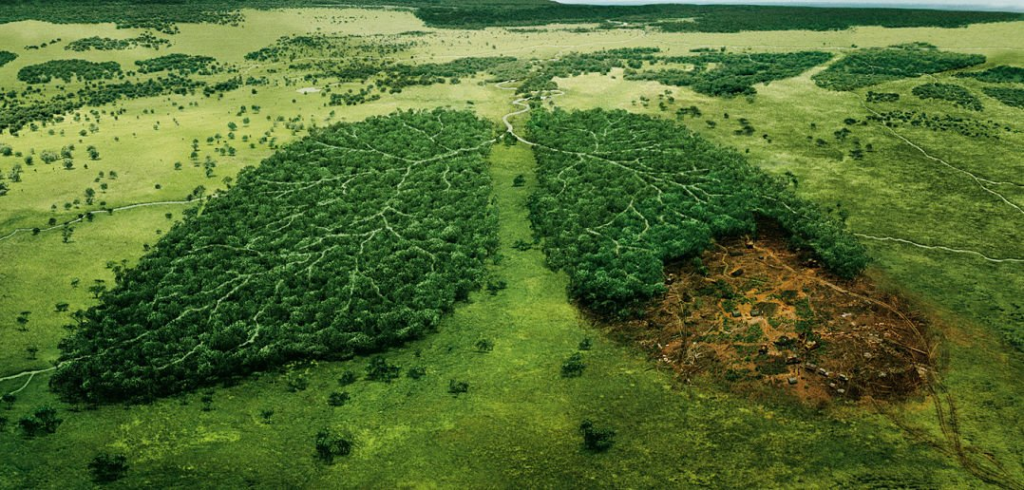Ethical and sustainable food and beverage production is increasingly on the radar of not just retailers, but consumers as well. Sustainably sourced products enable a business to operate more efficiently and indicates a company cares about their footprint and their environmental impact. Do you have a fit for purpose, action orientated plan for sustainability? How do you show your customers, insurers and stakeholders that you take the risk of sustainability seriously? What value are you leaving on the table in not prioritising sustainability in your Enterprise Risk plan?
A growing population coupled with increasingly demanding Retailers, means that consumers now expect organisations to have commitments and principles which support sustainability. Most organisations now have an Environment, Social and Governance (ESG) policy which evaluates the ethical impact of the company and help protect that organisation against risks to business continuity and profit. There are a few key considerations every food and beverage organisation should consider when assessing their own sustainability footprint:
- Supply Chain- The flow of goods from the original source to the end consumer offers many opportunities to enhance an ESG policy. From protecting against modern slavery, to reducing duplication and food wastage, finding opportunities to create value and minimise risk is key.
- Packaging – High on the agenda for the war on waste, sustainable packaging is a relatively simple way of reducing environmental footprint.
- Insurance – Businesses are under increasing obligations to disclose the risks they face, with those who fail to do so, or who are unable to talk to their sustainability plan (and show action around it) are likely to face increased premium costs. If you can show you take sustainability seriously, naturally risk adverse insurers will find it easier to back and support your business.
Would you like to understand more about how to make your business more sustainable? How to reduce the risk of increased environmental impact? If you’d like to talk to one of our team, please get in contact



